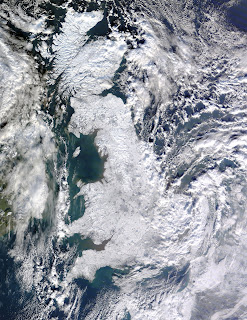
Baking Cakes in Kigali by Gaile Parkin
Published by Atlantic Books
Kigali, capital of Rwanda, scene of the horrific genocide of 1994, and cakes, symbols of comfort and celebration; the surprising juxtaposition is oddly reassuring, like an invitation to listen to Grimm's fairy tales from the safety of a parent's lap. Stories of the harsh realities of life in Rwanda are made bearable because we hear them while drinking warm milky tea, flavoured with cardamom, and eating brightly coloured cupcakes in the lounge of Angel Tungaraza.
Angel lives with her husband, Pius, and their five orphaned grandchildren in an apartment block in Kigali, built especially for aid and development workers in the aftermath of the genocide. Some are employed by the UN, some are voluntary aid workers and others, like Pius, have been contracted to run the university and other establishments until local people are able to take responsibility for them. They come from different countries, for different reasons: some to be of service, some to make money. These differences add to the complexity of the new society in Rwanda.
Angel makes special cakes for special occasions. In order to design the perfect cake for each client, she needs to know and understand the story behind their celebration. Like us, she is an outsider, and she takes on the role of everywoman, asking the questions that we would ask about local customs and traditions and the experience of recent events. Although she is not from Rwanda, she is African and so we benefit from her insight into some of the situations and attitudes that we find difficult to comprehend.
She is a good listener, knowing how to set her guests at ease, when to question or comment and when to simply let their stories unfold. Through her we hear accounts of violence and of reconciliation; corruption and generosity; poverty and enterprise; suffering and endurance. Each of the fourteen chapters is about one story and the magnificent cake that Angel produces to represent the main elements of that story. She does not offer solutions, but she helps her clients to see things more clearly.
I loved this book, it made me laugh and cry and I feel that I now understand some of the complex problems of Africa a little better. It is a beautifully written book with wonderfully drawn characters and the opening sentence is worthy of a place in the list of best first lines:
In the same way that a bucket of water reduces a cooking fire to ashes - a few splutters of shocked disbelief, a hiss of anger, and then a chill all the more penetrating for having so abruptly supplanted intense heat - in just that way, the photograph that she now surveyed extinguished all her excitement.
This would be an excellent choice for a book club. I would love to discuss each chapter in detail but I won't spoil it for you. I am really grateful to dear friend D for introducing me to it, a Christmas present to treasure. I'm sure you will all be rushing to get a copy to find out what was so shocking in that photograph! Perhaps we can then start our own online discussion.
(Off on family visits for the next week or two, without my laptop!)



















